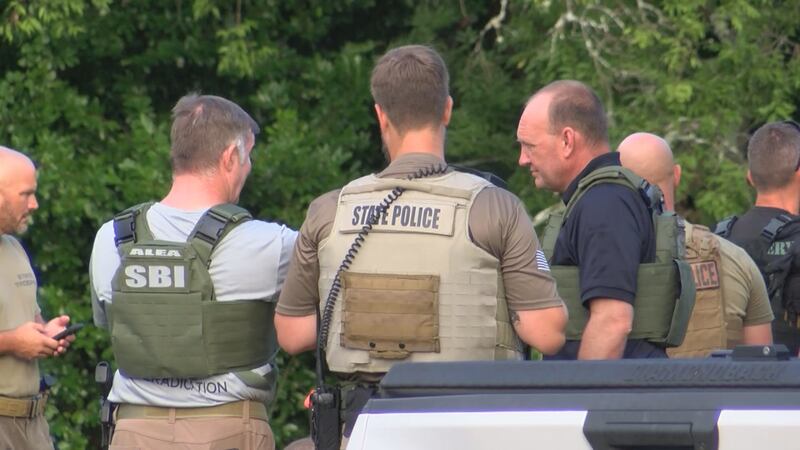Alabama Governor Kay Ivey has expressed her support for establishing a crime-fighting task force in Jefferson County, similar to the one currently active in Montgomery. The initiative aims to address Birmingham’s ongoing struggle with violent crime.
During her recent State of the State address, Ivey highlighted her plan to expand Montgomery’s Metro Area Crime Suppression Unit (MACS) as part of a broader statewide public safety initiative. Over the weekend, in an interview with WSFA, she emphasized the need for a comparable task force in Birmingham.
"For sure, we need one in Birmingham," Ivey stated. "They’ve reached their 90-year high mark in gun violence."
Birmingham recorded 152 homicides in 2024, marking the city’s highest number of violent deaths in a single year since 1933. So far, in 2025, there have already been 13 homicides in Birmingham and 20 in total across Jefferson County.
How Montgomery’s Crime Task Force Operates

The Metro Area Crime Suppression Unit (MACS) was created in June 2024 to combat the increasing rate of violent crime in Montgomery and surrounding areas. The unit brings together multiple law enforcement agencies, including:
Alabama Law Enforcement Agency (ALEA)
Alabama Attorney General’s Office
Montgomery Police Department
Montgomery Sheriff’s Office
Bureau of Alcohol, Tobacco, Firearms and Explosives (ATF)
According to Gina Maiola, spokesperson for Governor Ivey, the governor believes a similar task force could be beneficial for Birmingham.
"Cities across the nation are facing significant public safety challenges, and urban areas in Alabama are no exception," Maiola explained. "This is why Governor Ivey is pushing for a comprehensive public safety package this legislative session, focusing on supporting law enforcement and reducing gun violence in city neighborhoods."
Discussions on a Potential Crime Task Force in Birmingham

Following Ivey’s address, Alabama Law Enforcement Secretary Hal Taylor revealed that he had already spoken with Birmingham Mayor Randall Woodfin regarding the possibility of implementing a Metro Area Crime Suppression Unit in Jefferson County. Taylor suggested that such a unit could incorporate officers from various municipal police departments across the county.
On Monday, Rick Journey, spokesman for the City of Birmingham, acknowledged the ongoing collaboration between Birmingham law enforcement and other agencies, stating that the city remains open to further discussions about crime-fighting partnerships.
"We greatly appreciate the work that the Alabama Law Enforcement Agency does in collaboration with Birmingham," Journey said. "We are certainly open to additional conversations about working together, much like we already partner with Jefferson County Sheriff Mark Pettway and our federal law enforcement partners."
Journey emphasized that Birmingham remains committed to strengthening its approach to combating violent crime, referencing a recent press conference about Glock switches and illegal firearm modifications.
"As mentioned in today’s press conference, we are dedicated to presenting a unified front against violent crime," he stated.
Will Birmingham Adopt a MACS Unit?
While discussions are still in early stages, Governor Ivey’s push for a crime task force in Birmingham signals a strong state-level commitment to addressing gun violence and public safety concerns in Alabama’s largest city. As legislative sessions move forward, further details on funding, implementation, and inter-agency cooperation will likely emerge.










